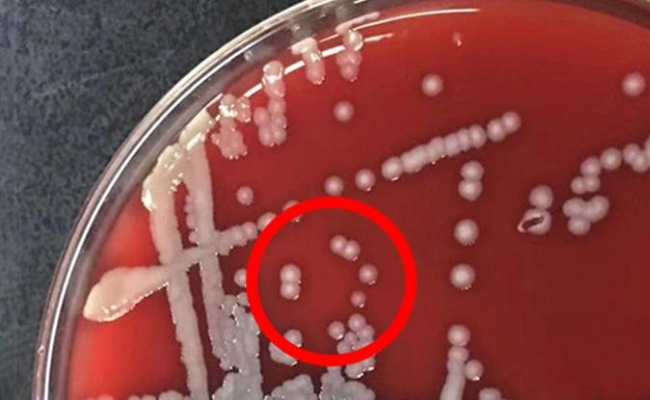Breakthrough Study Identifies Enzyme as Root of Depression
A new study from Wuhan University found an enzyme that could be responsible for clinical depression in women during their reproductive years.
Medical researcher Di Li and colleagues suspected estradiol, a type of estrogen, could be a “depression enzyme.”
They compared the levels of estradiol in two groups of people, one with depression and another without. As a result, they discovered the depressed group had lower estradiol levels.
How did researchers study estradiol and depression?

Photo Credit: www.sciencealert.com
Estradiol is a type of estrogen our bodies use during our fertile years. Women experience a natural estradiol decline during menopause and after pregnancy.
Meanwhile, these bodily functions cause negative mood changes. Moreover, other diseases that cause low estradiol also bring depression.
As a result, people thought this type of estrogen had a connection with depression for over 100 years. After all, that might explain why it is more common in women than men.
Ovaries produce the substance after performing its functions, such as regulating menstrual cycles. Then, the liver metabolizes estradiol and then passes it into the gut.
The bloodstream partially reabsorbs estradiol to help maintain circulating levels of estrogen. That is why the researchers tested the effects of estradiol in the gut.
They added estradiol to fecal microbiome samples from the women with depression. After two hours, the hormone content declined by 78%.
Meanwhile, samples from ladies without this mental health condition only experienced a 20% reduction in the hormone.
Researcher Di Li and his colleagues suspected that a gut microbe could be intensifying the degradation of the hormone.
They placed samples of the microbiome from the women with depression onto an agar plate and applied estradiol to them.
Two hours later, more than 60% of the estradiol turned into estrone. Then, white blobs appeared on the samples.
You might like: How to Control an Anxiety Attack
The researchers identified it as a strain of bacteria they labeled Klebsiella aerogenes TS2020. They explained their findings regarding the “depression enzyme” with the following statement in their paper:
“These results show that K. aerogenes TS2020 can reduce the serum estradiol level in mice and induce depressive-like behaviors.”
In other words, they found TS2020 reduces estradiol levels in the human body, causing people to experience clinical depression.

